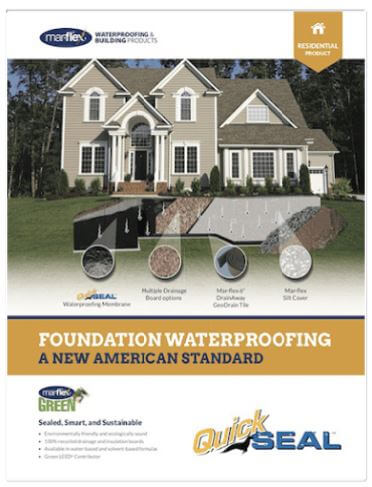With a wide range of variables in any building project, no single article can answer exactly how much it costs to waterproof your basement in your home, office, or other building.
That answer must come from a licensed waterproofing contractor or company who has examined your site and knows the specific dimensions and topography of the space.
But you can prepare for getting this kind of estimate by considering some of the variables in advance.
Size
What is the size of the space that you want to waterproof? Knowing the dimensions will help your contractor come up with an estimate. This includes not just square footage, but the depth of the space to be waterproofed.
Location
Location matters in real estate and in waterproofing. This is because it can determine whether the work can be done from outside the structure (if neighbors are far enough away to move equipment in) and how long that work will take.
Also it matters whether the soil around your basement is soft and loamy or mostly clay or even rock.
Hills, elevation, and local water management infrastructure will also play a role in the waterproofing plan. Will the contractor have to manage the water all the way to a city-maintained runoff? Or is it simply a matter of deflecting and redirecting water to naturally occurring hills and creeks? The less water management that needs to be done, the better.
New build or existing property
Another important factor in pricing your waterproofing project is whether you are doing a new build or waterproofing an existing property.
In a new build, there is significant opportunity to do things well and not have to address waterproofing and water control for a generation or more. With intentionality and investment, water can be directed away from the foundation, and whatever water remains can be controlled and kept at bay easily.
If you are waterproofing an existing structure, there are significant hurdles to be considered. It is challenging (or expensive) to expose the entire foundation for treatment, and sometimes the placement of other buildings makes this impossible. This doesn’t mean it can’t be done, it just means that more of the waterproofing work might have to happen from inside.
Quality and kind of materials
Finally, your waterproofing experience will be affected by the kind of materials you want to use. If you are pursuing LEED certification, or if you are simply seeking to build and live in a sustainable way, you might have to figure in some increased costs for recycled products (though these prices are now often quite competitive).
Another factor will be the quality and durability ratings of the work. Your specifications will help contractors and builders determine exactly how durable their products will be – and you will almost always pay more for the better longer-term solution.

Photo by Jill Burrow from Pexels
